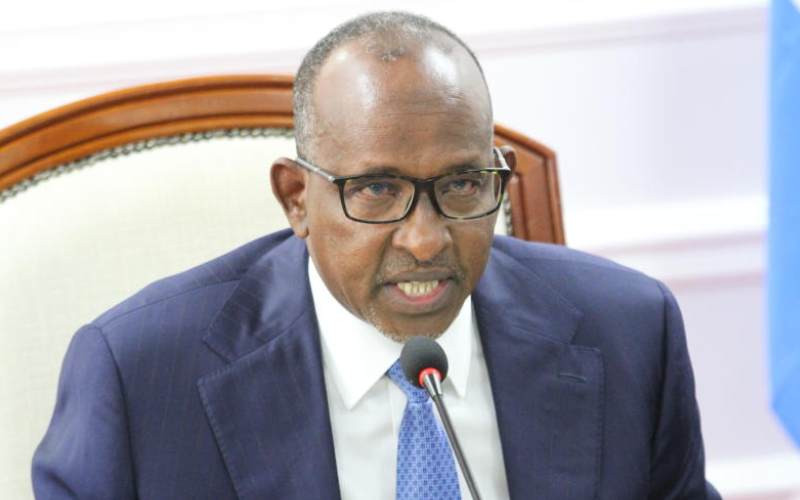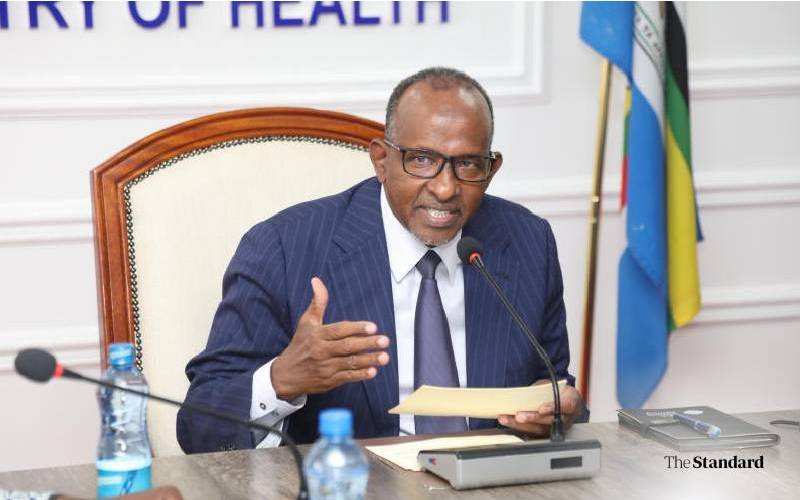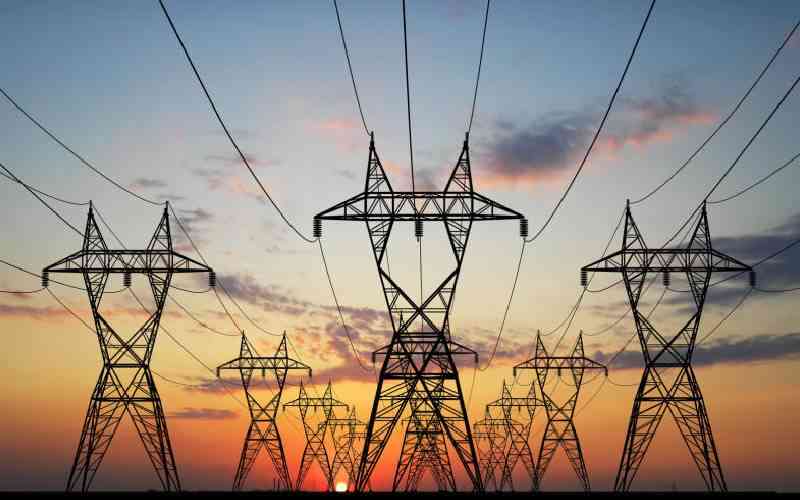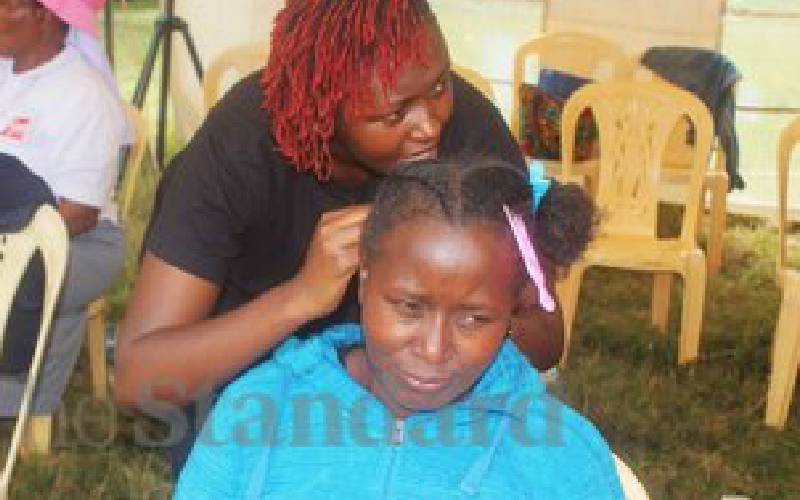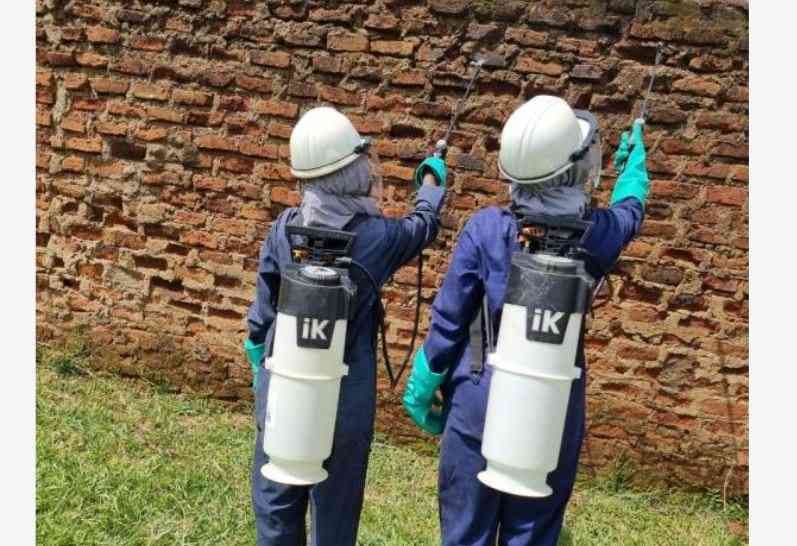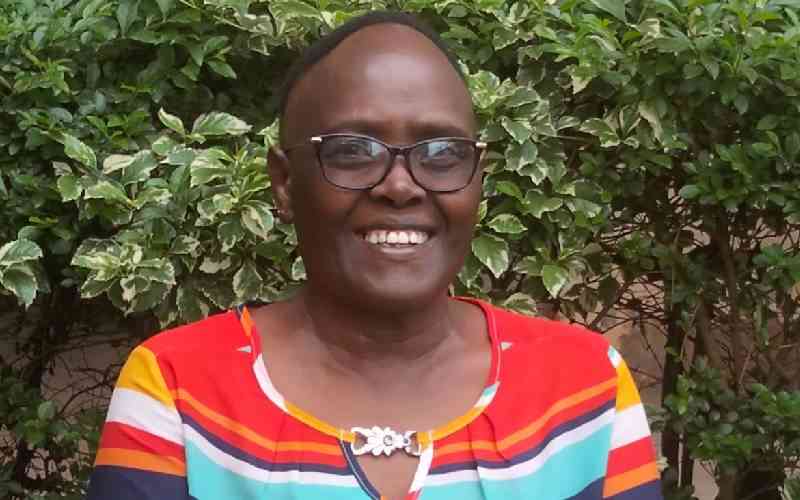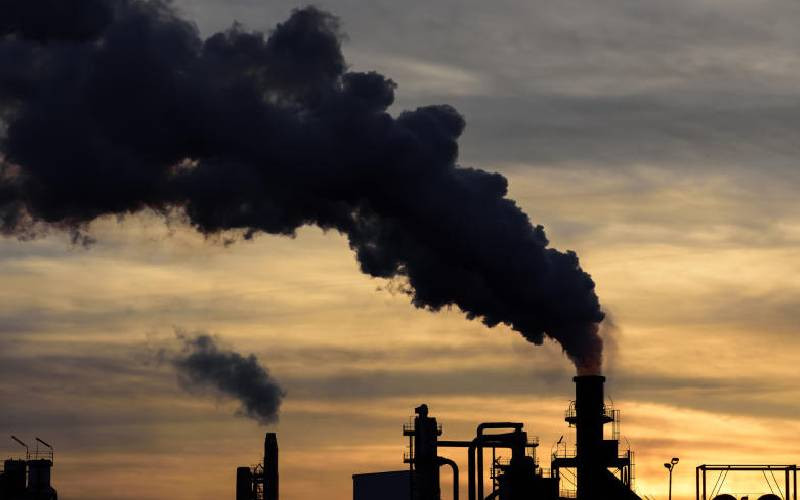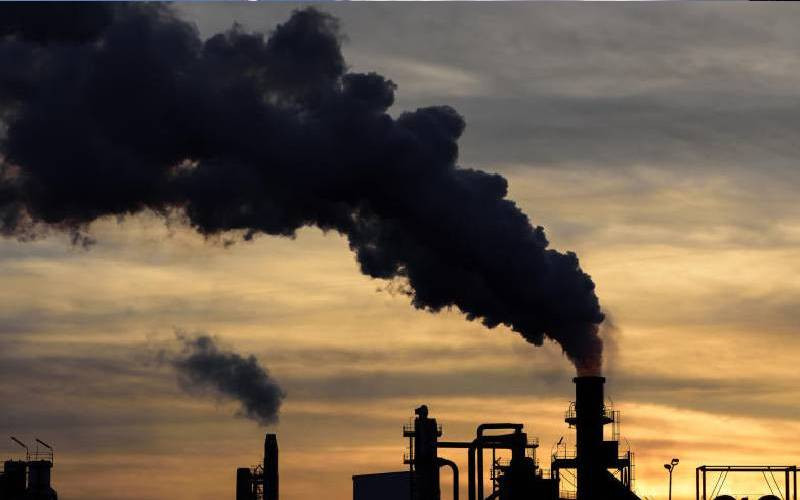
Climate scientists, policymakers and researchers have called countries affected by the effect of climate change to invest in the development and maintenance of early warning system initiatives.
The experts spoke at the opening of the 71st Greater Horn of Africa Climate Outlook Forum (GHACOF) in Nairobi where Environment Cabinet Secretary Debora Barasa noted that this year echoed the need for immediate action.
“The Greater Horn of Africa is becoming increasingly vulnerable to climate extremes, with communities facing the consequences of erratic rainfall, prolonged droughts, and devastating floods. These climate-related risks do not respect borders; they test the resilience of both IGAD and EAC Member States alike. Addressing them requires more than awareness; it calls for shared knowledge, timely information, and a united regional approach,” said Barasa.
ALSO READ: Lusaka hosts global push on climate adaptation
On his part IGAD Deputy Executive Secretary, Mohamed Abdi Ware, noted that the Greater Horn of Africa continues to experience the climate crisis manifest in droughts, sudden floods, and unpredictable rainfall patterns.
“One of the most powerful tools we have in this journey is climate information. When it is timely, reliable, and accessible, it saves lives, protects livelihoods, and enables governments and communities to plan better. When it fails to reach the last mile, the cost is counted in human suffering. This is why collaboration and early action are critical; resilience cannot be built in silos,” he said.
The Kenya Meteorological Department Acting Director Edward Muriuki said that it is the responsibility of all relevant agencies to ensure that warnings reach everyone, including the most vulnerable communities.
“Kenya Meteorological Department remains committed to ensuring that weather and climate services are accurate and timely for effective decision-making,” he assured.
 The Standard Group Plc is a multi-media organization with investments in media
platforms spanning newspaper print
operations, television, radio broadcasting, digital and online services. The
Standard Group is recognized as a
leading multi-media house in Kenya with a key influence in matters of national
and international interest.
The Standard Group Plc is a multi-media organization with investments in media
platforms spanning newspaper print
operations, television, radio broadcasting, digital and online services. The
Standard Group is recognized as a
leading multi-media house in Kenya with a key influence in matters of national
and international interest.

